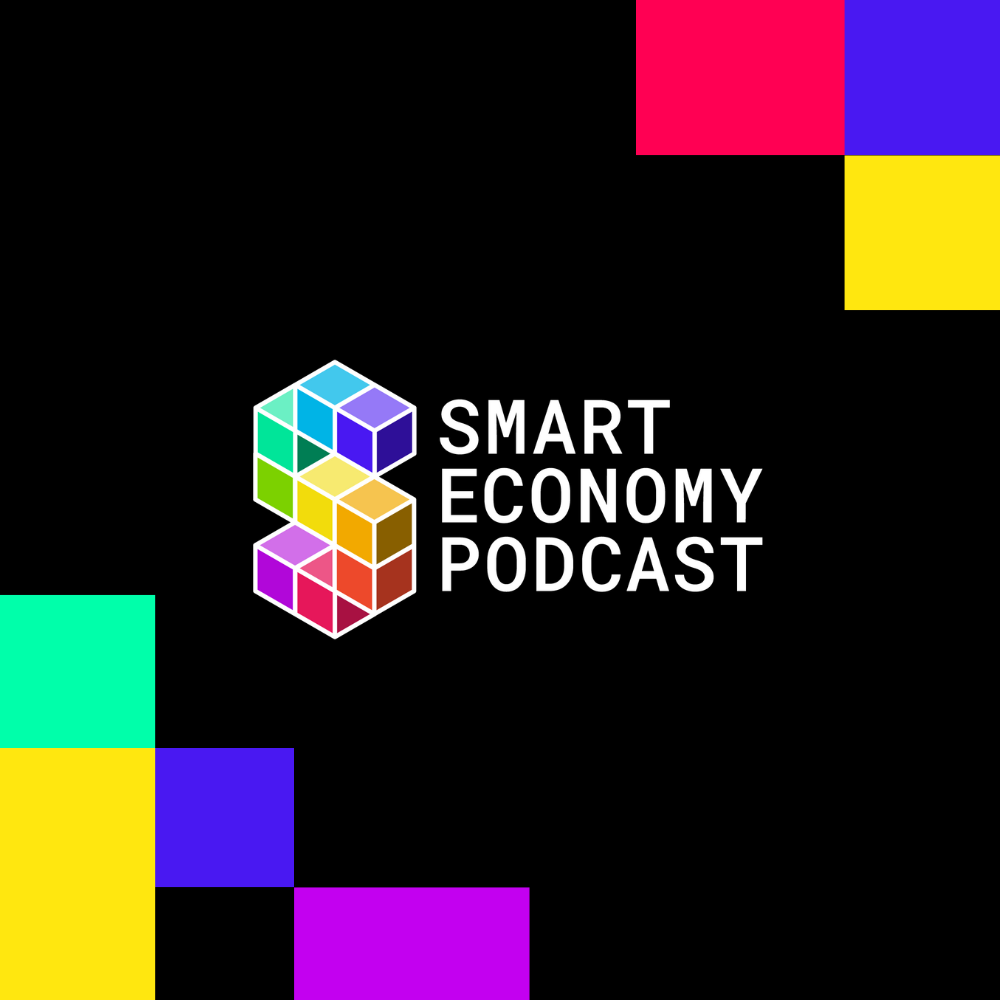Decentralizing Decentralization: The Evolution of Multi-Chain Infrastructure with Fig from Squid
November 8, 2023

In this episode of The Smart Economy Podcast, host Dylan Grabowski is joined by Fig, Co-Founder of Squid, to discuss how cross-chain infrastructure enhances the resiliency of blockchains, the challenges of multi-chain user experience, and Squid's role in connecting different chains seamlessly. They also delve into Fig's background, Squid's mission, and upcoming features. If you're interested in learning about the future of cross-chain transactions and improving user experience in crypto, this episode is a must-listen!
In this episode of The Smart Economy Podcast, host Dylan Grabowski is joined by Fig, Co-Founder of Squid, a cross-chain liquidity and messaging router built on Axelar, that enables seamless transactions between different blockchains , and allows applications to implement fast, secure, and seamless cross-chain logic into their products.
Join them as they:
- Discuss how cross-chain infrastructure enhances the resiliency of blockchains
- Explore Fig’s journey into blockchain
- Delve into the challenges and opportunities of multi-chain user experiences
- Unpack Squid's role in connecting different chains
- Shine a light on the value of security and speed in cross-chain transactions
- Weigh in on Squid’s future
- And so much more!
Fig is the Co-Founder of Squid, a cross-chain infrastructure platform in the Axelar ecosystem. Prior to building Squid, Fig was initially drawn to a career in medicine due to its intricate systems and the chance to positively impact lives, but he quickly realized that its stringent oversight dampened his innate creative spirit. Seeking an avenue to channel his artistic and technical inclinations, he ventured into music and coding. In the world of crypto, Fig found a harmonious blend of intricate systems, boundless creativity, and an environment that valued merit and innovation. The decentralized ethos of the blockchain space appealed to his sensibilities, guiding him to the forefront of the industry.
If you enjoyed this episode, make sure to subscribe, rate, and review it on Apple Podcasts, Spotify, and Google Podcasts; instructions on how to do this are here.
Previous guests include: Paul Neuner, Founder and CEO of Telcoin; Aryan Sheikhalian, Head of Research at CMT Digital; David Hoffman, co-Founder and host of Bankless; Fabian Gompf, Chief Executive Officer of the Web3 Foundation; Kurt Hemecker, CEO of the Mina Foundation; Sunny Lu, co-Founder and CEO of VeChain Foundation; Joe Doll, general counsel at Magic Eden; Philippe Schommers, the Head of Infrastructure at Gnosis; and many others.
Check out our three most downloaded episodes:
- Are Stablecoins the Future of Money? Telcoin’s eUSD and becoming a Digital Bank with Paul Neuner
- The Darwin Cycles of Crypto: What Survives and Why with Aryan Sheikhalian of CMT Digital
- Media, Money, and Misunderstandings: Bankless Sets the Record Straight with David Hoffman
Attention all blockchain, crypto, and Web3 professionals! If you're a founder, CEO, or expert doing something innovative in this space, we're interested in speaking to you! Apply to be a guest on our platform and connect with our vibrant community of blockchain professionals: https://bit.ly/SEP-guest